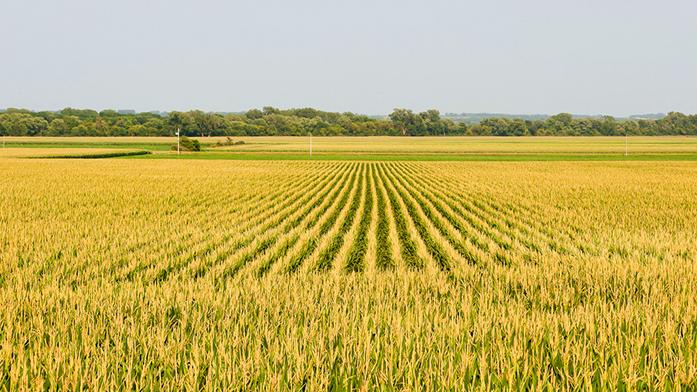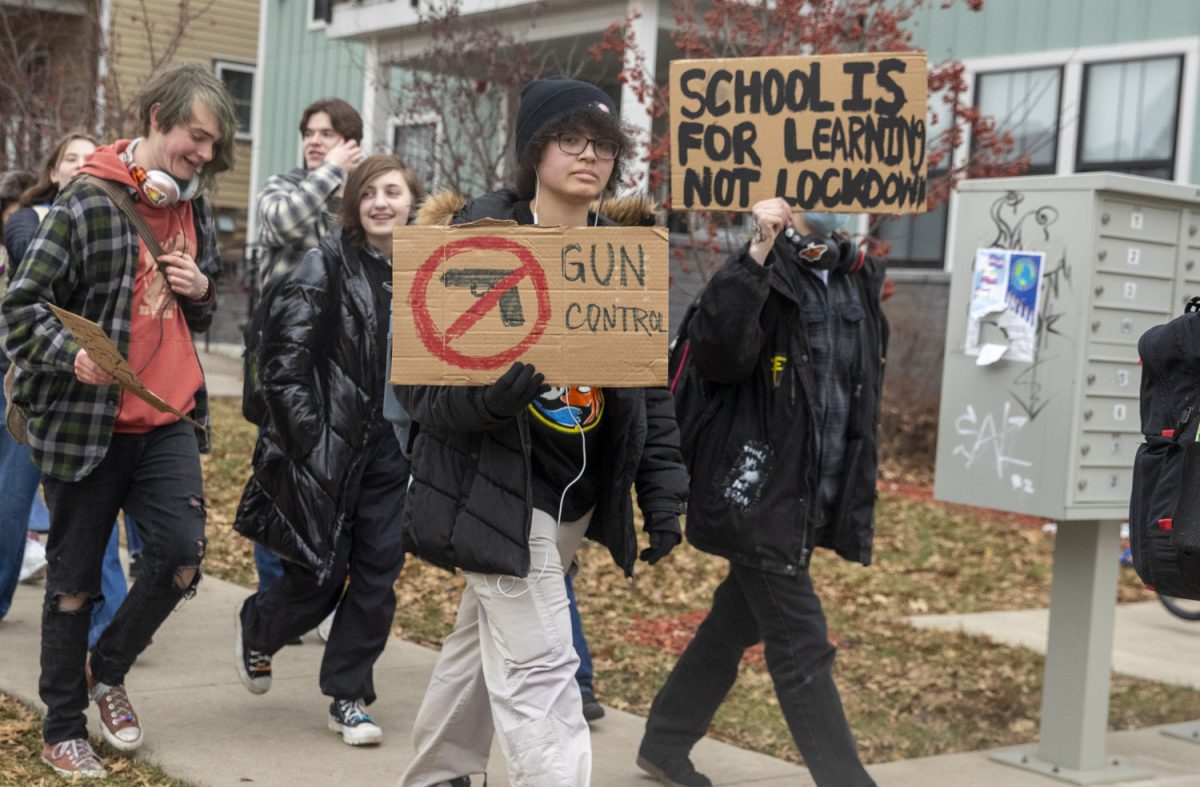It’s no secret that Jeb Bush’s presidential campaign is sputtering. In Iowa, his internal statistics still rest in the single digits — a ubiquitous statement to the detriment of his tactics, exacerbated by what Republican voters and pundits alike reckon as poor debate performances.
The former Florida governor’s tactics are indebted to his filial connection plus a dash of brotherly love. His campaign has reflected the calm, composed demeanor of George W. Bush. However, the current GOP climate has decided Jeb Bush is spoiled past his best-buy date, resulting in drastic staff cuts and salaries as well as perhaps foreshadowing a rhetorical overhaul (he was reportedly “fired up” in South Carolina last month).
Surely, the last thing Jeb wants to deal with is confronting is further family turbulence. Well, in one way, he is.
Ethanol, Iowa’s liquid gold during George Bush’s campaign and decades prior, is obsolescing this election season. The state’s rolling fields of agriculture yield 28 percent of national production of fuel made from corn, according to the U.S. Energy Information Administration. As the top producer, candidates have genuflected to the farmers and little, white stickers from the state of Iowa that look preserved from the 1980s you see on the cheapest grade at the gas pump.
“I support ethanol,” claimed George Bush during a 1999 debate in Iowa, where he plowed on to win the Iowa caucuses in 2000. “And I support ethanol strongly. I’d support ethanol whether I was in here in Iowa or not.”
Grammatical deficiencies aside, this a tone not reciprocated by George’s younger brother. In light of new federal clean power and fuel-efficiency legislation, the demand for ethanol has dwindled, leaving the industry in a scrap to pick up the pieces. As a result, Jeb has taken a turn toward more free-wheeling laissez-faire ethanol, telling Iowa Public Radio, “I think, ultimately, we need to get to a point where there aren’t winners or losers based on subsidies or mandates or anything else.”
President Obama’s new EPA clean-power plan has dramatically revised campaign platforms on the nation’s energy production, where some candidates have drafted further plans than the president’s 32 percent carbon reduction by 2030. Sen. Bernie Sanders, I-Vt., has outlined incentivizing economic stimulus packages for sustainable energy practice, while his Democratic counterpart former Maryland Gov. Martin O’Malley declared a completely clean electric grid, free of fossil fuels, by 2050.
Despite dependence on ethanol for decades as an innovation in the fuel industry, critics remain skeptical on the actual environmental benefits of the practice. In the last decade, though, Iowa has led the way in wind energy production, generating 27.4 percent of the nation’s net electricity powered through turbines.
Politicians, even stalwart climate change deniers, have been forced to acknowledge the impacts of the environment on economy, with rising global temperatures altering weather cycles—therefore, transforming agricultural output due to droughts and the likes. Where elections in decades past revolved around sustaining status quo fuel sources, candidates who might otherwise eschew from addressing energy alternatives, such as Jeb Bush, are now somewhat answering demands for sustainable practice.










